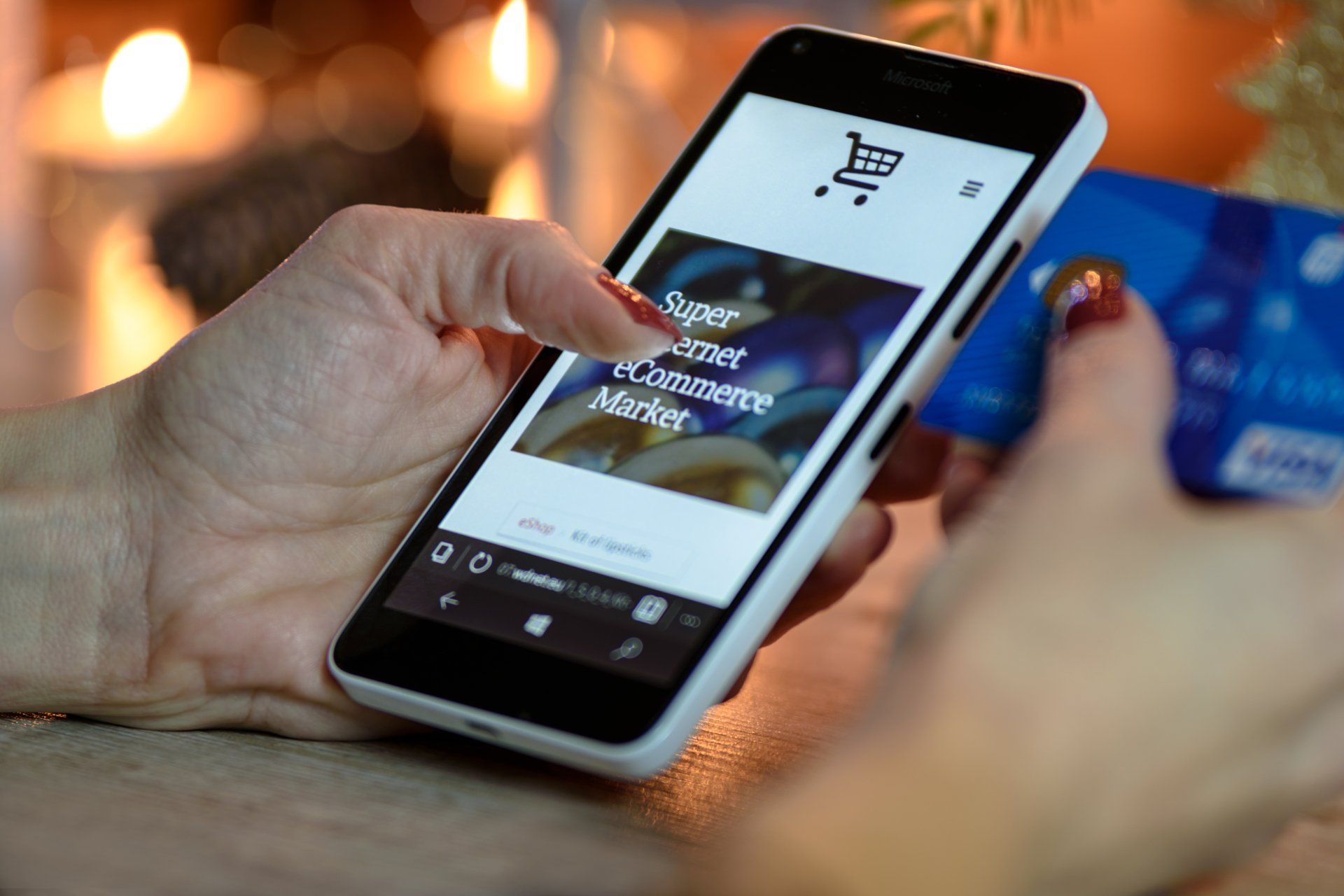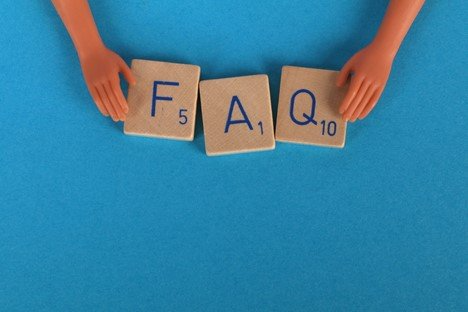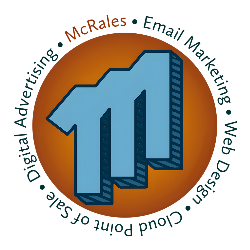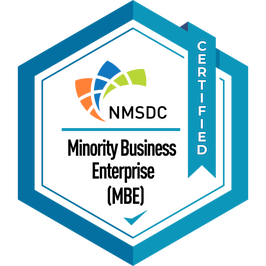Things to Think About When Upgrading Your Point of Sales System
Team McRales • September 16, 2019
So you wanna update to MPOS?
The changes that are occurring in the merchant services industry have been dramatic. Everyone's talking about how now it is the time to take advantage and upgrade your point-of-sale (POS) system. There's a especially high amount of buzz surrounding all the new tablet-based point-of-sale systems (MPOS). In this article, we'll cut through the noise and create a list of things to consider when upgrading to an MPOS.
[Full disclosure: My company sells MPOS systems such as Clover, Shopkeep, and NCR Silver. This article is not intended as a recommendation of one brand over another. It is merely to be used as a guide for my fellow entrepreneurs interested in upgrading their POS systems.]
It used to be that buying a POS system was reserved for those businesses with the cash flow to handle the investment. But getting a new POS system has gotten easier, even for startups. From the newer Square and Shopkeep to the more-established NCR and Clover, MPOS has facilitated finding an affordable system for your business.
So, how do you pick? What do you need to know?
An MPOS system supports two different parts of your business: marketing and operations/finance. Let's break down these two departments to help you figure out which MPOS to choose.
Marketing
This is the part of the business in charge of getting the word out--creating environments that attract your target market and create a customer experience that helps you maintain your client base. This is where you need to think about all your marketing efforts both online and offline (promotions, retention programs, social media, customer service, branding, etc.). Ask yourself:
Can I run the programs already in place, and can I create more?
Think about gift cards, loyalty cards, refer-a-friend promotions, punch cards, etc. Consider how you’ll transition these programs to your new MPOS and how flexible the system will be if you decide to create new ones.
Does the reporting provide the information I need in a format I can use?
Reporting is your only real way to measure the results of your business efforts. Look at the reports, then visualize yourself deciphering those reports to figure out if you’re getting a good return on your investments. Do you have what you need to get the job done?
Does the POS allow me to effectively monitor the growth of my customer base?
Again, visualize yourself monitoring the growth of your business. Does your point of sale make that easy for you? Does it tell you if you’ve had any new customers this month? How much control does it give you over your customer relationships and interactions?
From the customer's perspective, will this give the right look and feel in my store?
This last one is about your brand. If your main message is wrapped around the idea of making your customers feel at home, then don't get a system that says the opposite. As simple as it might seem, make sure your point of sale system matches your store’s vibe and the brand's image.
Operations/Finance
This is the part of your business that deals with execution and efficiency. It makes sure that all the cogs of your business are moving properly. That the processes of how things happen in your business--from purchasing supplies to collecting payments--runs smoothly and efficiently. Operations is the backbone of every company.
There is an article by People, Process and Profit that gives a great overview of what operations is. With this definition in mind, the first question you need to answer is:
Does this POS system efficiently capture and manage all the information my business deems important?
Think of this in terms of your accounting software, CRM, payroll, inventory, cost, time frame of delivery, integration with outside partners, etc. A POS system should make running a business easier, not harder.
Does this POS systems give me the ability to develop and grow my business?
Operations is not only concerned with the present, but also with achieving future goals of the company. This second question addresses that aspect. No one wants to be boxed into a POS that won't work for them in the future. But this doesn't mean that you can’t purchase a simple POS today and then find a more sophisticated one later on down the road. Some companies, like North American Bancard, give businesses a free simple POS. Which brings us to the next question.
Does this machine make financial sense now and in the future?
It all comes down to money-in, money-out. Most MPOS systems are cloud-based point-of-sale systems that charge a monthly fee for cloud storage and other perks. Does the cost you'll incur still add value to your business? And will it still make sense in the future? Some MPOS systems, like Clover, are highly customizable because they rely on an open market to add different apps. But there are subscription fees for those apps. And Clover isn't the only one. Many of the MPOS systems have partnerships with outside third parties, such as LevelUp, that integrate into their systems. But there are fees, so be aware.
One last thought:
Who will be using the POS on a daily basis?
This is a fundamental question, and it supersedes every other question in this article. Can your employees use it comfortably? Is it easy to teach and learn? If something goes wrong with the system, what support system is in place?
If you explore all these questions, you will be on the right path to finding an MPOS that fits in with your business.
Until next time,
JLM

Experience seamless sales, unrivaled support, and mobile mastery when you upgrade your Square Online Store with Ecwid. Our latest blog post at McRales.com explores the transformative benefits of integrating Square with Ecwid. Discover how to sync your offline and online sales effortlessly, tap into six hours of expert web design assistance, and captivate your customers with a fully-branded mobile shopping experience. Elevate your e-commerce platform today with McRales—where technology meets tailor-made solutions. Read our insightful guide to push your online business ahead of the curve.

FAQs (short for frequently asked questions) help your business stay organized and allow customers to find information easily online, rather than having to call or visit your store/office to get the information they need. Your website design company should recommend that you create an FAQ page as part of your digital marketing strategy. If you haven’t created an FAQ page on your website yet, here are some tips on how to do it right and get the most out of it. What is a FAQ? A frequently asked question, or FAQ, is exactly what it sounds like: an answer people might commonly ask about a specific topic. If you are running a business and selling something online, there’s no better way to quell customer concerns than with an easily accessible list of frequently asked questions. They should be short and sweet — just enough info that someone with limited knowledge of your product can grasp its uses quickly and easily.







